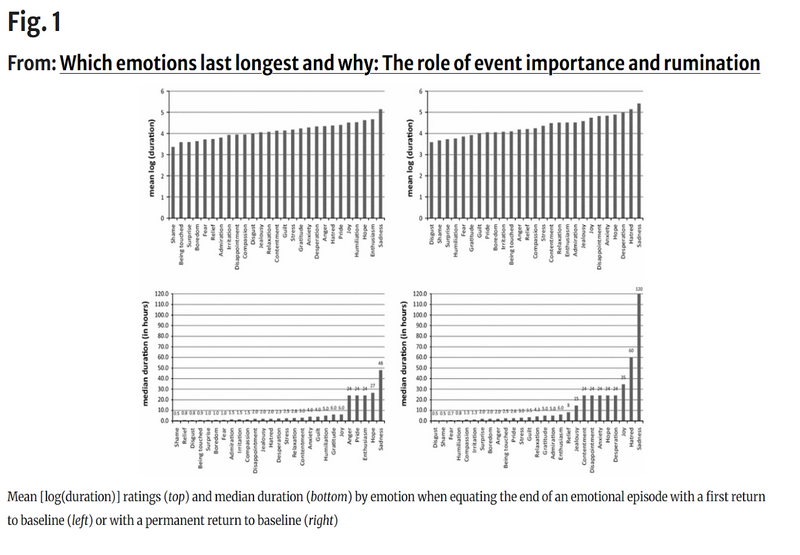Why Do I Binge Eat - The Cognitive Avoidance Theory
- Anna M.
- Dec 1, 2024
- 3 min read
Updated: Feb 8, 2025
Cognitive avoidance theory
(1)
There are four main theories of why people begin binge eating. There's the perfectionism model, trans diagnostic model, expectancy theory, and in this article we will go over the cognitive avoidance theory. If you relate to the cognitive avoidance theory, there's also a section at the end where I discuss DBT and why it's helpful for tackling cognitive avoidance. The hope is, by understanding why you started bingeing, you can work on effective ways to stop.
What is Cognitive Avoidance?
Cognitive avoidance is basically a process where the individual attempts to limit negative thoughts and emotions. People’s use of cognitive avoidance comes in many forms. Some include, binge-watching TV, thought suppression, daydreaming, toxic positivity, and of course, binge eating (2). Oftentimes people who use cognitive avoidance will use many of the before mentioned “techniques”.
Why is Cognitive Avoidance Bad?
Cognitive avoidance may not seem bad, daydreaming to tolerate negative thoughts and situations doesn’t seem like the worst coping mechanism. And developing a positive take on a negative situation is often something that we are told is GOOD. However, the root problem with cognitive avoidance is that negative emotion regulation is never learned. The individual becomes unable to tolerate and sit with any negative emotions and therefore continuously turns to maladaptive behaviors to cope.
I used to think that negative emotions were bad. I don’t like when I’m feeling humiliated, frustrated, annoyed, jealous, etc. But learning to sit with these emotions instead of doing something to avoid them is crucial in overcoming an eating disorder. In turn, I believed that negative emotions wouldn’t go away unless I DID SOMETHING about them. In fact, negative emotions go away all on their own, just like positive emotions. The key is not to ruminate on your negative emotions, simply recognize that they are there and “ride the wave”. Below is a chart of the average length of emotions. You’ll have to zoom in (ctr +) to see all of them. The charts above are the mean duration of emotions from the study, and below are the median durations. The charts on the left are how long (in hours) it took to get the emotion to first get back to baseline while those on the right are how long it took for emotions to permanently return to baseline.

(3)
*It's unfortunately a little hard to see these, but use ctrl and + and you should be able to zoom in.
Overcoming Cognitive Avoidance
Dialectical Behavior Therapy (DBT) is often a good idea for those who struggle with cognitive avoidance. Dialectical means “the existence of opposites” and in DBT individuals are taught both acceptance and change. Acceptance of their own behaviors, experiences, and emotions. They also learn that they need to make positive changes to manage emotions moving forward. I like to view DBT as “I am accepting who I am, where I am, and what I am feeling right now, while continuing to progress towards being the person I want to become”. DBT teaches skills such as mindfulness, distress tolerance, interpersonal effectiveness and emotion regulation. These all serve to help teach people to live in the moment, and learn to accept their emotions and experiences (4).
In my self guided workbook "Help, I Can't Stop Eating"- Coming February 2025 I go over cognitive behavioral therapy tools AS WELL as Dialectical behavior therapy tools to aid in your recovery.
Resources
Rosenbaum, D. L., & White, K. S. (2013). The role of anxiety in binge eating behavior: a critical examination of theory and empirical literature. Health Psychology Research, 1(2), 19. https://doi.org/10.4081/hpr.2013.e19
Lebow, J., & Snyder, D. K. (2022). Couple therapy in the 2020s: Current status and emerging developments. Family Process, 61(4), 1359–1385. https://doi.org/10.1111/famp.12824
Verduyn, P., & Lavrijsen, S. (2015). Which emotions last longest and why: The role of event importance and rumination. Motivation and Emotion, 39(1), 119–127. https://doi.org/10.1007/s11031-014-9445-y
Professional, C. C. M. (2024, May 1). Dialectical Behavior Therapy (DBT). Cleveland Clinic. https://my.clevelandclinic.org/health/treatments/22838-dialectical-behavior-therapy-dbt




Comments